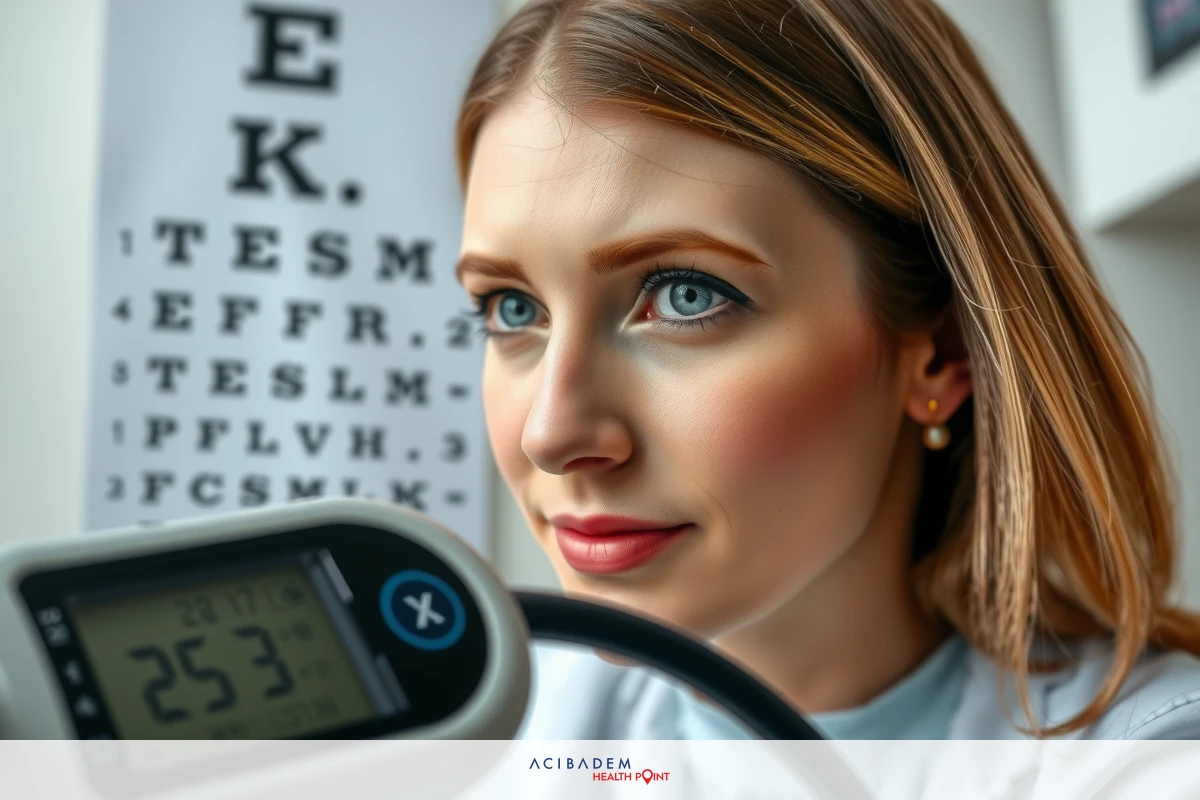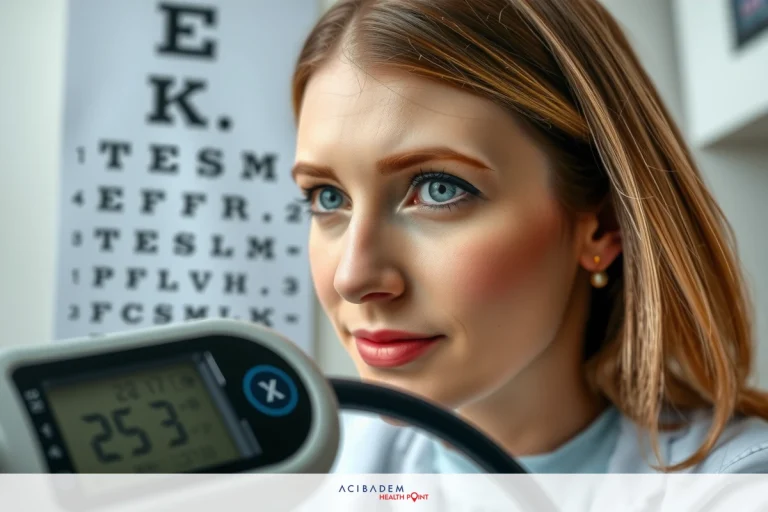Can Rhinoplasty Affect Intra Ocular Pressure
Can Rhinoplasty Affect Intra Ocular Pressure Rhinoplasty, commonly identified as a ‘nose job’, is indeed an interesting field of cosmetic surgery. This procedure doesn’t just alter the appearance of the nose; it can potentially lead to unexpected physiological changes too.
One intriguing question that arises in this context relates to intraocular pressure (IOP) pressure within the eye. With rhinoplasty acting on such close proximity to our visual organs, could there be effects on intraocular pressure? It’s not unthinkable and certainly merits attention.
An exploration into scientific literature gives us some insight but leaves room for further investigation. Diverse factors come into play here, including patient health history, surgical techniques used and individual physiological responses. Understanding these might help us fathom if and how rhinoplasty influences IOP, thereby painting a broader picture of what patients could anticipate when considering such operations.
Can Rhinoplasty Affect Intra Ocular Pressure Apprehending Rhinoplasty
Can Rhinoplasty Affect Intra Ocular Pressure Rhinoplasty, often colloquially termed as ‘nose job’, is a surgical procedure that brings about changes in the form and function of our noses. This cosmetic surgery can be performed for various reasons including enhancing aesthetic appeal, correcting congenital anomalies or improving respiratory functions. In each case, surgeons apply their expert knowledge to reshape and restructure nasal bones and cartilages.
A typical rhinoplasty involves incisions made within the nose or at its base allowing surgeons access to the underlying skeletal structure. By modifying these structures adding or removing bone and cartilage, adjusting tissue or suturing areas of concern desired changes are brought forth. It’s fascinating how such alterations can have profound impacts on an individual’s appearance boosting self-esteem and confidence levels.
Can Rhinoplasty Affect Intra Ocular Pressure Yet, it’s imperative not to overlook that rhinoplasty is indeed a surgery with potential risks involved. While minor complications like bruising or mild discomfort are relatively common post-surgery outcomes; more serious implications such as infections, breathing difficulties and adverse reactions to anesthesia also exist albeit less frequently. Even alterations in sense of smell have been reported post-rhinoplasties! The proximity of this particular operation site does lead one to wonder if there could be any impact on intraocular pressure too.
Potential Impact on Intraocular Pressure
Intraocular pressure (IOP), a vital factor in eye health, refers to the fluid pressure within our eyes. The balance between the production and drainage of this fluid maintains an optimal IOP level. Disruptions in this equilibrium can potentially lead to conditions such as glaucoma, which if left unchecked, might result in vision loss.
Given its close anatomical proximity, one could ponder whether rhinoplasty has any implications on intraocular pressure. A deeper look reveals that there is no definitive consensus among researchers regarding this matter. Some studies suggest possible immediate alterations post-surgery due to factors like inflammation or changes in blood flow patterns; nevertheless, these temporary deviations often normalize over time without leading to long-term ocular complications.
On the other hand, it’s worth noting that certain pre-existing conditions linked with higher IOP levels – for instance sleep apnea – are also associated with nasal structural problems correctable via rhinoplasty. Therefore, indirectly at least, improving respiratory function through rhinoplasty might actually contribute towards better regulated intraocular pressure! It’s clear then how multifaceted and complex outcomes of such surgeries could be; underscoring the need for comprehensive patient evaluations prior to undertaking these procedures.

Consulting Your Surgeon and Insurance Coverage
The decision to undergo rhinoplasty is not one that should be taken lightly. It involves careful consideration of various aspects including potential risks, recovery time, cost implications and the possible impact on intraocular pressure. One key factor in this decision-making process is a thorough consultation with your surgeon.
Can Rhinoplasty Affect Intra Ocular Pressure During these consultations, surgeons evaluate patient health history, perform physical examinations and discuss desired outcomes. This detailed interaction helps them devise personalized surgical plans catering to individual needs while also addressing any concerns or queries patients might have. For instance, if you’re worried about potential impacts on intraocular pressure post-rhinoplasty – don’t hesitate to bring it up! An informed discussion can help assuage fears providing clarity regarding what you could expect.
Another critical aspect when contemplating rhinoplasty relates to insurance coverage. Cosmetic surgeries are often not covered by insurance companies unless there’s a medical necessity involved such as breathing problems due to deviated septum etc., However do remember that policies vary across different providers; hence it’s prudent checking details before making decisions based on assumptions alone. Being aware of out-of-pocket expenses related to the surgery can save unnecessary stress later allowing more focus towards preparing for the procedure and subsequent recovery period.
Frequently Asked Questions
What exactly is rhinoplasty?
Rhinoplasty, often referred to as a 'nose job', is a surgical procedure that alters the shape and structure of the nose. It can be performed for aesthetic reasons or to improve respiratory function.
Can rhinoplasty impact my intraocular pressure?
There is no definitive consensus among researchers on whether rhinoplasty directly impacts intraocular pressure. Some studies suggest possible temporary alterations post-surgery due to factors like inflammation, but these typically normalize over time.
Should I discuss potential impacts on intraocular pressure with my surgeon prior to undergoing rhinoplasty?
Absolutely! It's essential to have thorough discussions with your surgeon about all aspects of the surgery including any potential impacts on eye health. This can help assuage fears and provide clarity regarding what you could expect post-procedure.
Will insurance cover my rhinoplasty procedure?
Insurance coverage for cosmetic surgeries varies across different providers. Typically, if there's a medical necessity involved such as breathing problems due to structural issues in your nose, it might be covered under certain policies. However, it's always advisable checking details with your insurance provider ahead of making decisions.











